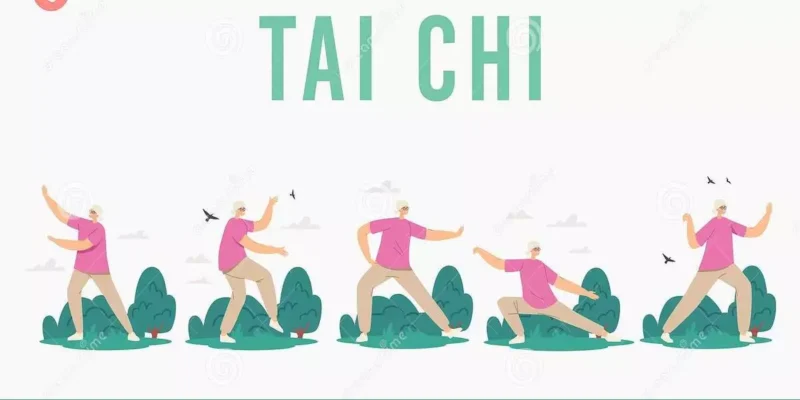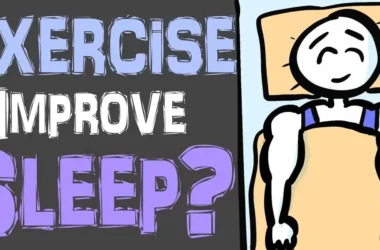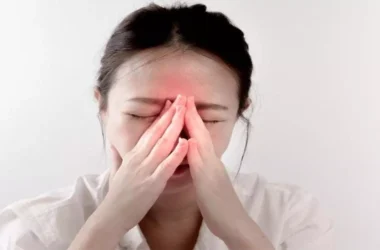[ez-toc]
Tai Chi is a traditional Chinese martial art that has gained popularity worldwide for its numerous health benefits.
It combines slow and deliberate movements with deep breathing and mental focus.
While Tai Chi is primarily known for its physical advantages, it also offers several magical benefits that contribute to overall well-being.
Enhances Energy Flow
According to traditional Chinese medicine, Tai Chi helps regulate the flow of vital energy or “Qi” throughout the body.
Practitioners believe that Qi is responsible for maintaining health and vitality. By practicing Tai Chi, individuals can harmonize and enhance the flow of Qi, leading to a balanced and revitalized energy system.
Balances Yin and Yang
Yin and Yang are fundamental concepts in Chinese philosophy, representing complementary and interconnected forces in the universe.
Tai Chi aims to harmonize these opposing energies within the body, promoting balance and harmony.
Through gentle movements and focused intention, practitioners can cultivate a harmonious equilibrium between Yin and Yang, which is believed to promote optimal health and well-being.
Cultivates Mindfulness
Tai Chi emphasizes mindfulness, a state of nonjudgmental awareness of the present moment.
By focusing on the movements, breath, and sensations during practice, individuals develop a heightened sense of self-awareness and mental clarity.
This mindfulness extends beyond the practice itself and can positively influence daily life, reducing stress, and anxiety, and promoting a calm and centered state of mind.
Enhanced Balance and Fall Prevention
Tai Chi’s deliberate and controlled movements are key aspects of its practice. By engaging multiple muscle groups and improving proprioception (the body’s awareness of its position in space).
Tai Chi enhances balance and reduces the risk of falls, especially in older adults.
Regular Tai Chi practice improves stability and reduces the likelihood of accidents, offering a vital advantage for maintaining independence and confidence in daily activities.
Connects Body, Mind, and Spirit
Tai Chi is often described as a holistic practice that integrates the body, mind, and spirit.
Through synchronized movements, deep breathing, and mental focus, practitioners cultivate a profound connection between these three aspects of their being.
This unity can lead to a sense of inner harmony, increased self-awareness, and an enhanced overall sense of well-being.
Also Read: Fall Prevention: Balance and Strength Exercises for Older Adults
Boosts Immune Function: Regular practice of Tai Chi has been shown to improve immune function and enhance the body’s natural defense mechanisms.
Research suggests that Tai Chi increases the activity of immune cells, improves circulation, and reduces inflammation.
These physiological changes can strengthen the immune system and its ability to protect against infections and diseases.
Reduces Stress and Anxiety
Tai Chi is renowned for its stress-reducing effects. Engaging in slow and rhythmic movements, combined with deep breathing and mindfulness, induces a state of relaxation and tranquility.
Studies have demonstrated that practicing Tai Chi reduces levels of stress hormones, such as cortisol, and improves psychological well-being by alleviating symptoms of anxiety and depression.
Improves Physical Balance and Coordination
The deliberate and controlled movements of Tai Chi promote better balance, coordination, and flexibility.
Regular practice can help individuals improve their posture, stability, and proprioception, reducing the risk of falls and enhancing overall physical performance.
This is particularly beneficial for older adults who may experience age-related balance and mobility issues.
Cognitive Function Enhancement
Tai Chi’s positive impact is not limited to physical health; it also offers notable benefits for cognitive function.
Studies suggest that regular Tai Chi practice can enhance attention, memory, and overall cognitive performance.
Additionally, the practice has been associated with increased brain volume in areas responsible for attention and executive function, further supporting its potential for maintaining cognitive abilities.
Effective Pain Management
For individuals dealing with chronic pain conditions, Tai Chi can be a valuable addition to their pain management strategies.
Research has shown that Tai Chi reduces pain intensity and improves physical functioning in individuals with conditions such as osteoarthritis, fibromyalgia, and chronic low back pain.
Through gentle movements, stretching, and relaxation techniques, Tai Chi relieves muscle tension, promotes joint mobility, and triggers the release of endorphins, the body’s natural pain-relieving chemicals.
Summary
While the magical benefits of Tai Chi may be rooted in ancient Chinese philosophy and traditional medicine, scientific research has also substantiated many of these claims.
Incorporating Tai Chi into your exercise routine can lead to a multitude of positive effects, promoting physical health, mental well-being, and a deeper connection with oneself.








I’m very much interested in this Tai chi practice. Where can I practice and join Tai chi class or exercises here in the Philippines?
I would like to practis Tai-Chi 😊
I like what I’m reading.it explains a lot, thank you for taking the time to share this with us.
I have always been interested in Tai chi, ive just turned 50 i wouldn’t say I’m particularly fit as i don’t actively excercise but walk everywhere but I’m going through my menopause and my joint pain especially in my legs is not good, i also have a low immune system so i want an excercise that will work for me &I will enjoy x
I love !Tai chi.😍😍😍
Iwant to learn more about TaiChi
I would love to try this.
I used to practice Tai chi when I was in Nanny School and I started nannying our instructor Brad Gaylord taught us kung fu and then we decided to do a little tai chi on the side. No 30 years later I have trouble with mobility because of fibromyalgia chronic fatigue syndrome restless leg syndrome sleep apnea among other challenges. I would love to get back into Tai chi but my knees and ankles are pretty weak and my weight is a bit overboard at 225 and I’m only 5’5. I would love to have more information because being on disability stinks not that this would necessarily get me off disability but at least maybe I’d be able to work 20 hours a week and not be so stuck in a rut and live a little longer.
I would like to practis Tai-Chi 😊
Me tooo9
Send me Tai Chi exercises ❤️❤️❤️
I love !Tai chi.😍😍😍
Iwant to learn more about TaiChi
Thsnk you 😍